Wireless connectivity to the internet is ubiquitous, and to some, it's as necessary as breathing or staying hydrated. I can't exactly argue against that, as I realize how many times an hour I check my smartphone or rely on Wi-Fi for work, but I'm past caring about which standard I'm using. Wi-Fi 7 is still barely supported by devices, requires expensive routers, and isn't a significantly meaningful upgrade over Wi-Fi 6E.
Plus, adding a new Wi-Fi 8 router to your home network doesn't magically upgrade every client device to higher speeds. If you have any devices using 2.4GHz or older Wi-Fi versions, they will still connect at their maximum supported speeds. Therefore, a router upgrade might make you feel better, but it won't significantly improve performance. It's hard for me to get excited about Wi-Fi 8 when it means upgrading a lot more than just my phone and laptop to take advantage of the promised benefits.
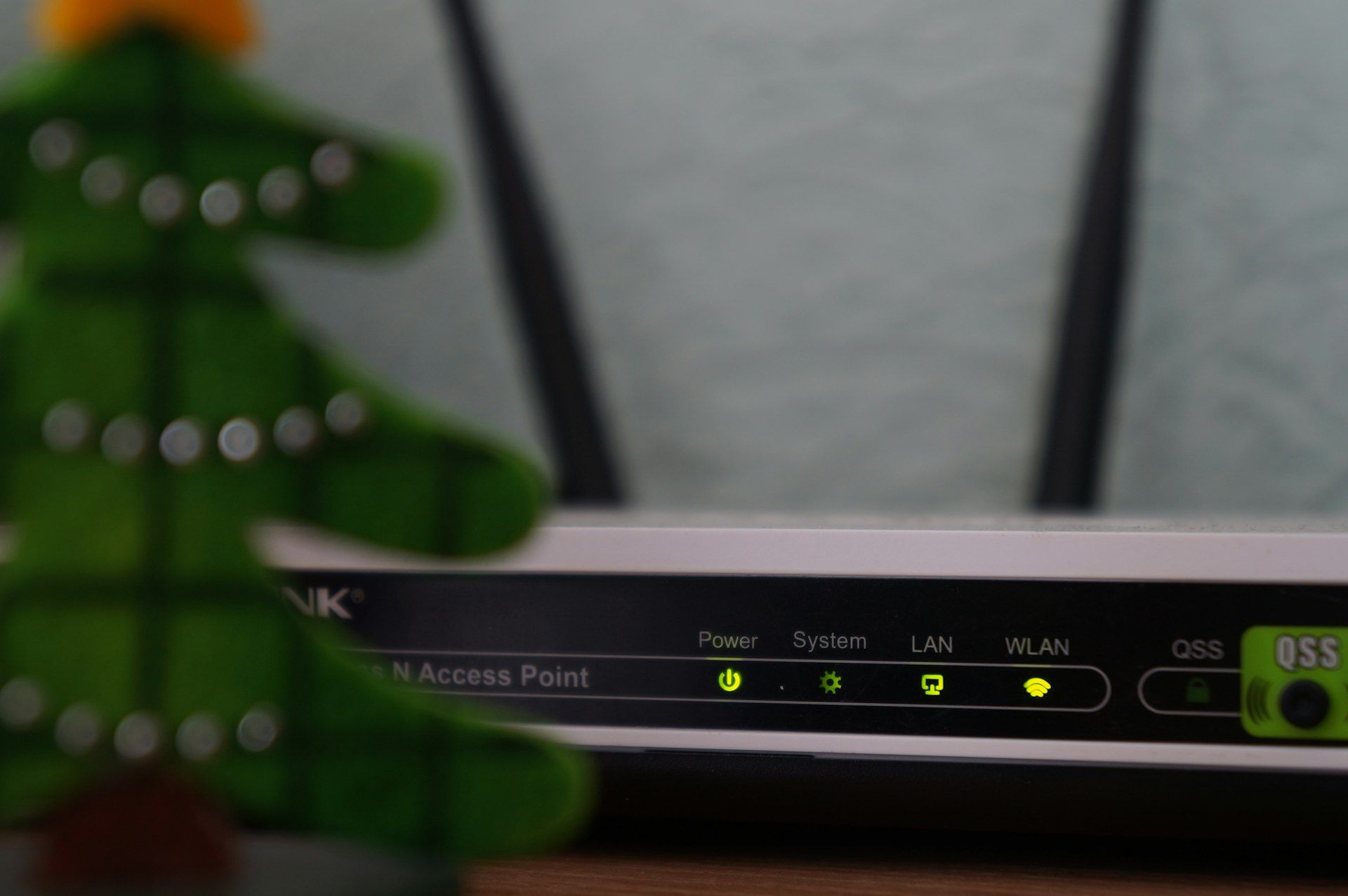
Related
5 reasons Wi-Fi will never be better than Ethernet
Wi-Fi will never be better than Ethernet, and there are a few key reasons.
Wait. Wi-Fi 8 already?
I bet you can count the number of Wi-Fi 7 devices you have on one hand
It feels like Wi-Fi 7 devices are only really starting to hit the market, but Wi-Fi 8 (aka IEEE 802.11bn Ultra High Reliability) is well on its way with a final specification expected in 2028. That means we'll probably start seeing Wi-Fi 8 devices certified in late 2027, as the final specification often lags behind market release. It might ultimately be better for the end user, considering the focus on "effective throughput" and reliability, which are both generally lacking in real-world testing of recent Wi-Fi releases.
There's a lot of good stuff in the proposed Wi-Fi 8 specs, like Coordinated Spatial Reuse (Co-SR), which coordinates the transmit power of multiple mesh APs to keep them from interfering with each other, with the result of more simultaneous transmissions which will show up as higher download speeds for every user in the home. Or Coordinated Beamforming (Co-BF), which effectively aligns the transmission patterns from multiple APs to give better performance to the devices using the bandwidth.
Don't get me wrong, these are improvements worth having, but it's hard for me to get excited about Wi-Fi in the same way I slaver over new GPUs or the latest ultralight gaming mouse. Wi-Fi is expected to be present and reliable; it's the inverse of that, with dead zones and poor range that people often talk about.
And it still has the same fundamental issues
Some of the new features in Wi-Fi 8 are aimed at addressing the core issues of wireless connectivity. An Ethernet cable is full-duplex, meaning it can send and receive data simultaneously, which is why it is used for peak networking performance. Wi-Fi is half-duplex, in that it can only send or receive at the same time, so every device connected to a single AP has to take turns to pass data along or receive it.
It's a surprise the Wi-Fi Alliance was able to squeeze such high data rates out of it in the first place, although constraints always breed creativity, and I expect there are some tricks left in store for the eventual Wi-Fi 9, etc. I have to wonder if Wi-Fi will reach a point where it can't be improved upon, without a complete redesign.
I'm still using Wi-Fi 6E or Ethernet for most things
Bigger number might be better, but that doesn't mean I need it
I have Wi-Fi 7 routers and access points at home, and without running benchmarks, I'm unable to determine if they're faster or more stable than Wi-Fi 6E. The only time I notice speeds is when it's connected to the 6GHz band, and I'm downloading big files or Steam games. That's mainly because the 6GHz band isn't interfered with by my neighbors, who all have dual-band routers, but also because that computer is about six feet from the router.
If it were any further or upstairs, I wouldn't notice much of a difference at all. Multi-QAM only works well when in line of sight and very close to the router; any distance away reduces the speeds by significant percentages. The same applies to walls, floors, and other obstructions, which is why I have an AP on every floor. Even then, I can't feel the difference in the tasks I need to do most, like browsing the web for research or typing in Google Docs.
Even with Wi-Fi 7 APs, most of my devices don't support it
I might sound like a hypocrite since I use Wi-Fi 7 APs at home, but I don't care about the number. I can count the number of Wi-Fi 7 clients I have on one hand, and really, that number would be smaller still if I didn't have a stack of test devices to review. The fact is, most people won't have Wi-Fi 7 devices, other than perhaps their smartphone or laptop, if they upgrade this year. And the Wi-Fi 7 chips in those are 2x2, so they can't even take advantage of the full speeds the specification allows.
Even with my previous Eero Pro 6E mesh setup, which was fantastic to use, I still only have a handful of Wi-Fi 6E clients. The fact is that most wireless-capable devices are still using older versions, and upgrading to a newer router will not change that.
I'm sure by the time Wi-Fi 8 comes out, I'll have a new version of Wi-Fi to not care about
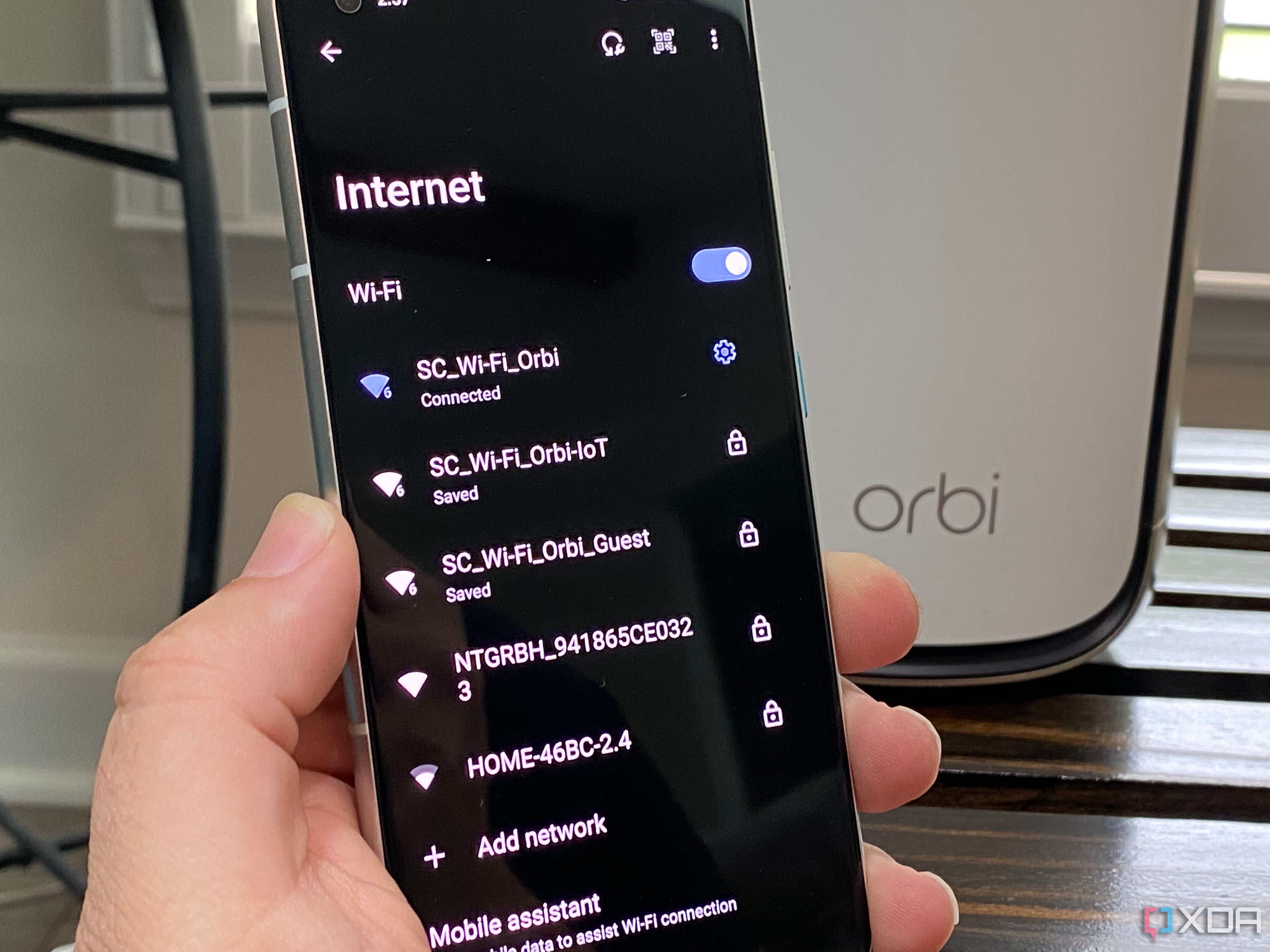
I'm not saying I won't upgrade to Wi-Fi 8 when it becomes available, because the pile of old routers I have at home tells me that I will, as soon as they're available. I've always been an early adopter of specific technologies, but Wi-Fi no longer sparks joy. It's never going to be a pivotal moment, like when Wi-Fi 2 introduced the 5GHz band for higher throughput, or the addition of 6GHz in Wi-Fi 6E. There's no more effective spectrum to use, only better ways to use the ones we've got. It's innovative, sure, but it's also a dull process of refinement instead of quantum leaps of performance.
.png)
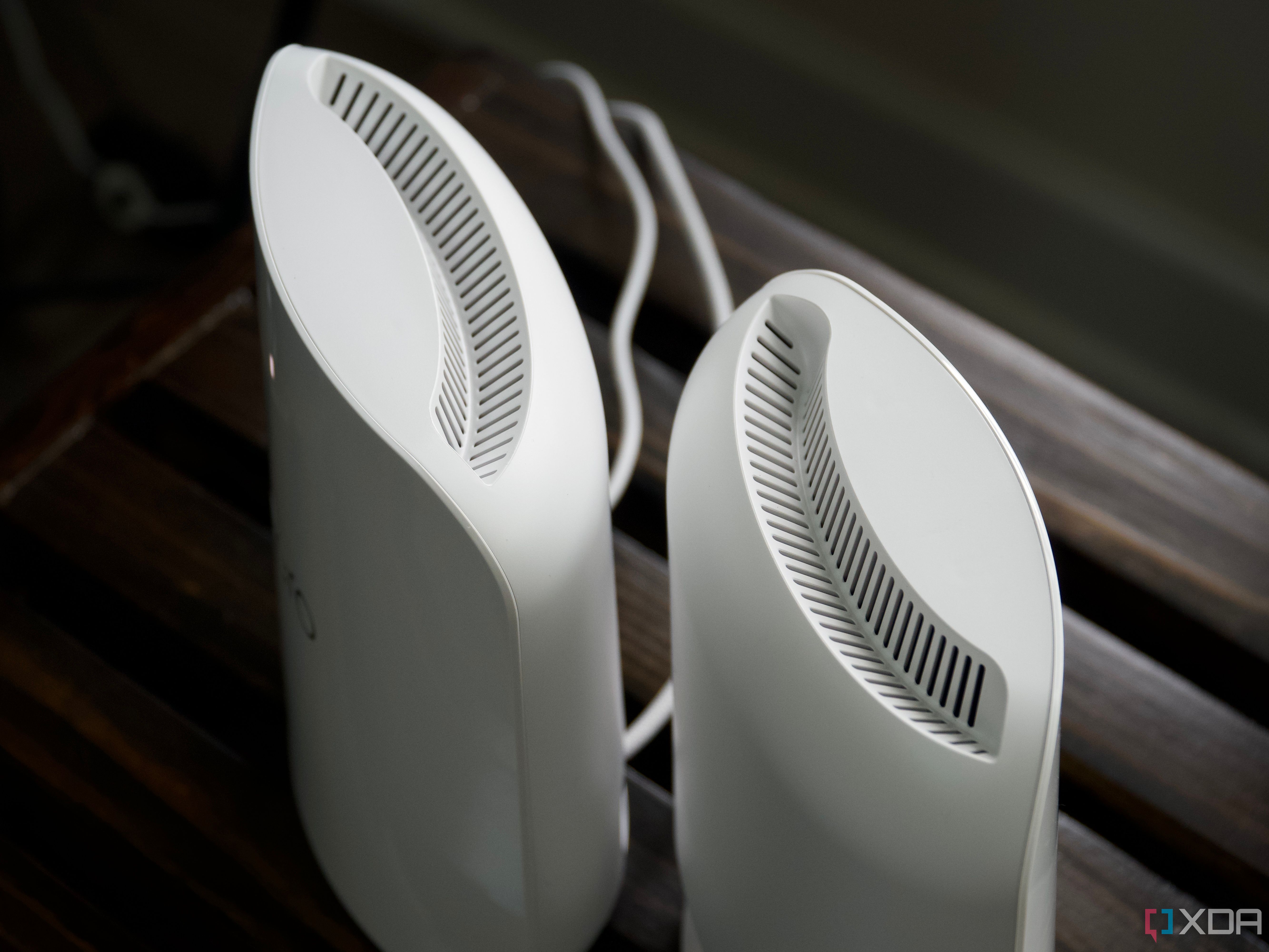
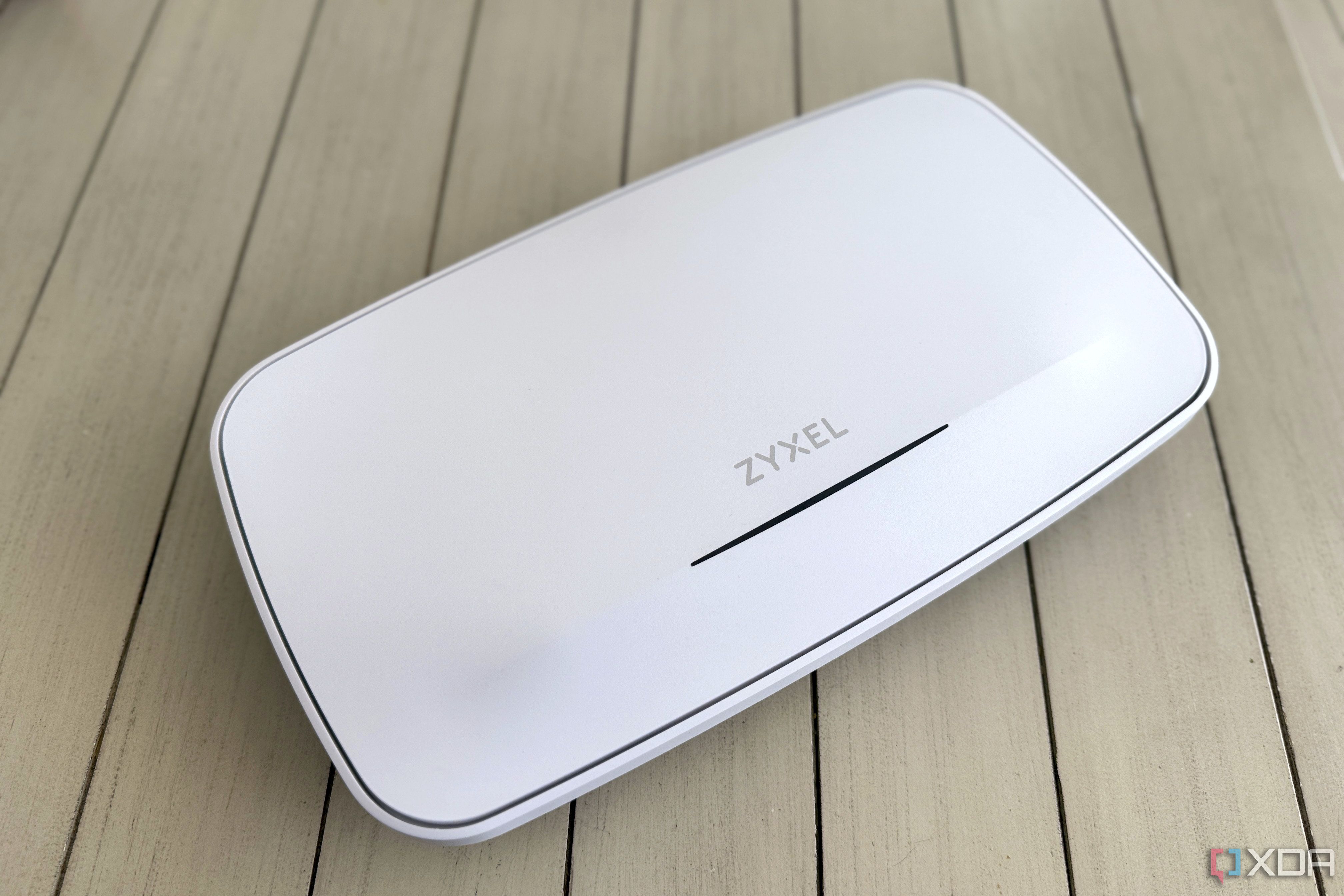

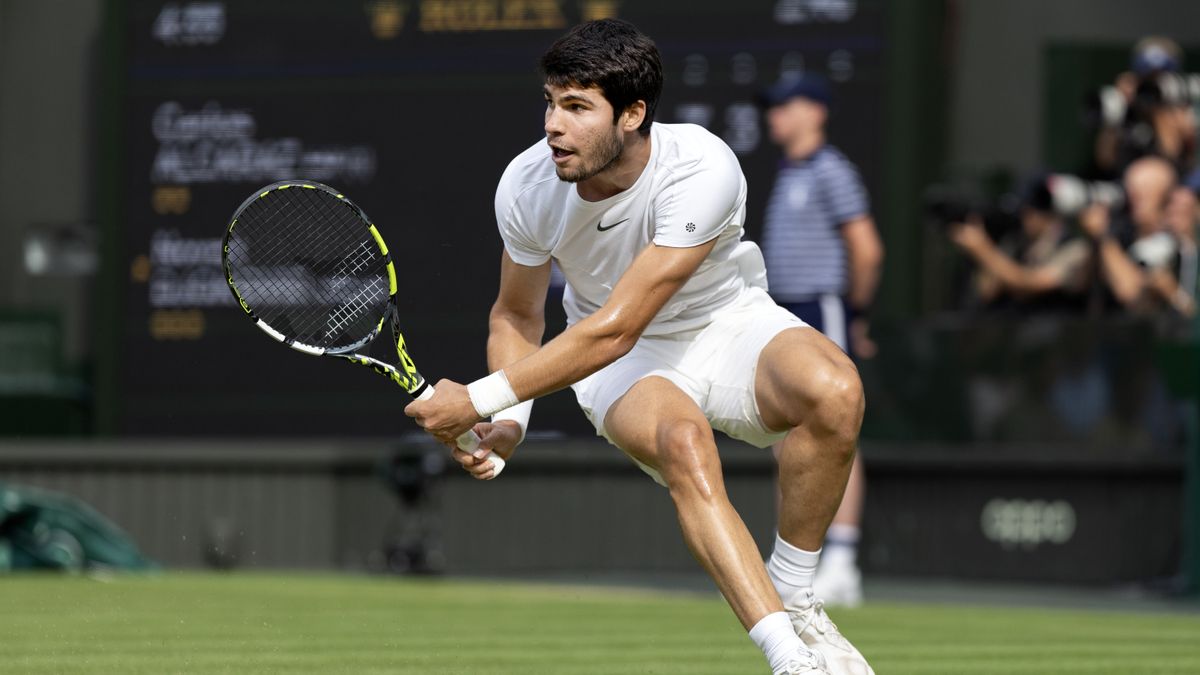









 English (US) ·
English (US) ·